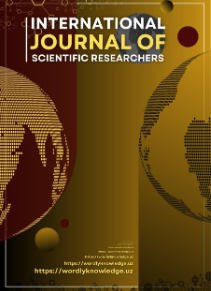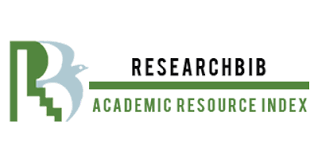ARTIFICIAL INTELLIGENCE AND THE OPPORTUNITIES IT CREATES FOR HUMANITY
Keywords:
artificial intelligence, potential benefits, technology integration, systems, lifestyleAbstract
Artificial intelligence (AI) is a rapidly evolving field that holds immense potential for humanity. With its ability to analyze vast amounts of data, learn from experience, and make decisions with little to no human intervention, AI has the power to transform industries, drive innovation, and revolutionize the way we live and work. While there are concerns about the impact of AI on job displacement and ethics, the opportunities it creates for humanity far outweigh the challenges.
References
Joseph W. Computer Power and Human Reason from Judgement to Calculation. San Francisco: W H Freeman Publishing; 1976.
Rory CJ. Stephen Hawking warns artificial intelligence could end mankind BBC News Wikipedia, the Free Encyclopedia on Artificial Intelligence. 2014. [Last accessed on 2019 Jun 23]. Available from: https://enwikipediaorg/wiki/Artifical_Intelligence.
Scoping study on the emerging use of Artificial Intelligence (AI) and robotics in social care published by Skills for Care. [Last accessed on 2019 Aug 15]. Available from: wwwskillsforcareorguk.
Beth Kindig, a Technology Analyst published in Beth. Tchnology. 2020. [Last accessed on 30 Mar 2020]. Available from: https://wwwforbescom/sites/bethkindig/2020/01/31/5-soon-t0-be-trends-in-artificial-intelligence-and-deep-learning/
Nature News, 24 January 2020. The battle for ethical AI at the world's biggest machine-learning conference by Elizabeth Gibney. [Last accessed on 2020 Apr 11]. Available from: https://www.nature.com/articles/d41586-020-00160-y.
Prof Stephen Hawking, one of Britain's pre-eminent scientists, has said that efforts to create thinking machines pose a threat to our very existence. Interview on BBC on Dec 2, 2014. Noted by Rory CellanJones.







